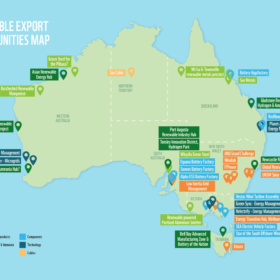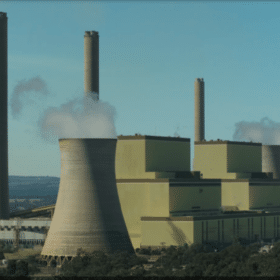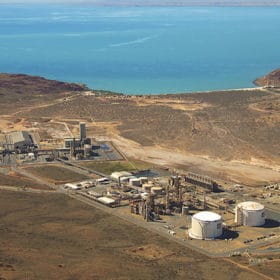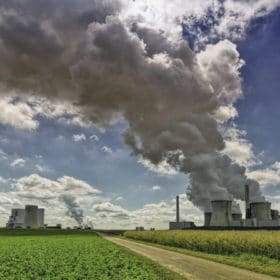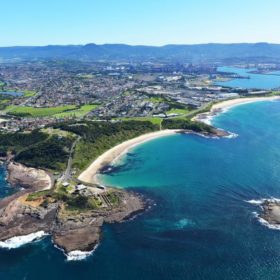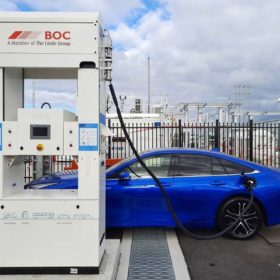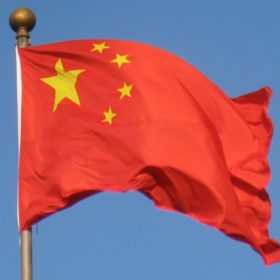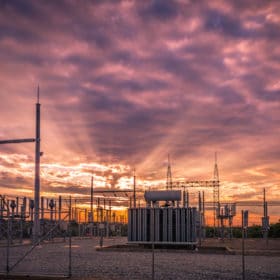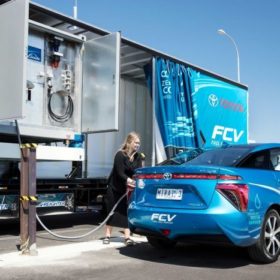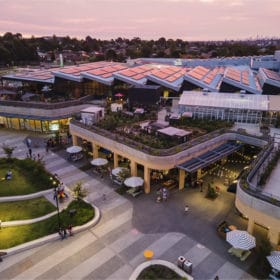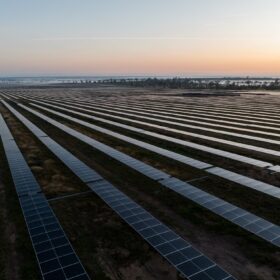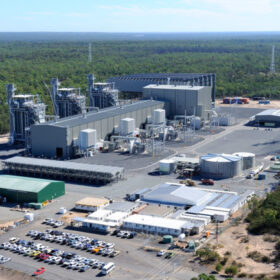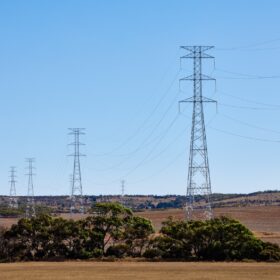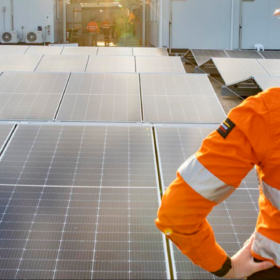100+ businesses band together to demand 1% of GDP be allocated to clean energy in May budget
More than 100 Australian businesses, including some of the country’s largest, have banded together to put pressure on government to commit at least 1% of GDP to a green energy recovery in the May budget and to ensure a more equitable transition to renewables for marginalised Australians.
Outgoing AGL boss singled out by Greenpeace for company’s shockingly late embrace of coal
When Brett Redman, Chief Executive and Managing Director of Australia’s biggest energy generator and retailer, unexpectedly quit last month, the news promised intrigue. AGL, a giant in the Australian landscape, had recently announced it would split in two – a strange move which confused markets. Greenpeace today published an extensive report on the company, detailing how in the midst of global momentum away from fossil fuels in 2009, AGL actually divested from its renewable portfolio to turn toward coal, directed by Redman at the company helm.
$103 million flows from ARENA to commercial ‘green’ hydrogen projects, despite concern around gas couplings
Three commercial-scale hydrogen projects have been conditionally approved for $103.3 million in funding from the government’s Australian Renewable Energy Agency, including Western Australian green ammonia project from Engie, as well two hydrogen + gas blend projects from ATCO and Australian Gas Networks respectively.
‘I know a lot of people hate this’: ESB Chair explains why we need a coal subsidy
In its first briefing following the publication of its Post 2025 Market Design Options Paper, the Energy Security Board’s Independent Chair, Dr Kerry Schott, spoke candidly about what will inevitably be a “messy” transition to renewables.
First green hydrogen + gas plant to be built in NSW, ‘kick starting’ hydrogen industry to coincide with loss of major dispatchable asset
EnergyAustralia is set to build a 316 MW green hydrogen + gas peaking power plant in New South Wales by 2023, in time for the closure of Liddell coal-powered plant, which is one of the country’s biggest dispatchable electricity generators.
Victoria’s roadmap to halve emissions by 2030 includes EV subsidy and renewably powered government operations
Victoria is now offering subsidies on electric and hydrogen fuel cell cars and will power its government operations with 100% renewable energy by 2025 as part of its long awaited Climate Change Strategy. The plan essentially offers a roadmap for the state’s 2050 net zero emissions target, including a number of nearer term goals.
Australian solar industry remarkably silent as global pressure mounts around allegations of forced labour in supply chain
The solar industry in Europe and the United States is continuing to ramp up the pressure on the use of polysilicon produced in Xinjiang, China – in response to allegations that forced labour is being used in its production. By contrast, the Australian industry’s response has been markedly muted. Although it is true that most global solar industries are heavily reliant on Chinese manufacturing, Australia is overwhelmingly so.
Long-awaited design for Australia’s energy transition published, coal plant subsidy stirs outcry
Two years in the making, Australia’s Energy Security Board today published its shortlist of options for redesigning the electricity market. “Our energy system is experiencing the fastest and most substantial change in the world,” the Board’s Independent Chair, Dr Kerry Schott, said. Addressing this, the paper essentially outlines a number of ways in which Australia could structure its transition to renewables smoothly and reliably. Stakeholders will now be able to provide the feedback on the options before the Board makes it recommendations to ministers in the middle of the year.
Smart Energy Council reveals list of partners for its green hydrogen certification scheme
Australian peak body, the Smart Energy Council, has this morning revealed the details of the initial global and domestic partners for its hydrogen Zero Carbon Certification Scheme. The scheme seeks to provide a guarantee of origin for hydrogen, ammonia and other derivative products like steel, in preparation of Australia becoming a global hydrogen export hub.
Changing the metrics of desirability: Melbourne’s Burwood Brickworks achieves momentous certification
The eastern suburbs of Melbourne are now home to the most certifiably sustainable shopping centre in the world. But to think of it only in those terms hardly does the project justice – rather, Melbourne is now home to a building which defies the limits of its own concept, imploring people to reconsider the value metrics through which space, cities and perhaps even lifestyles are appraised.

